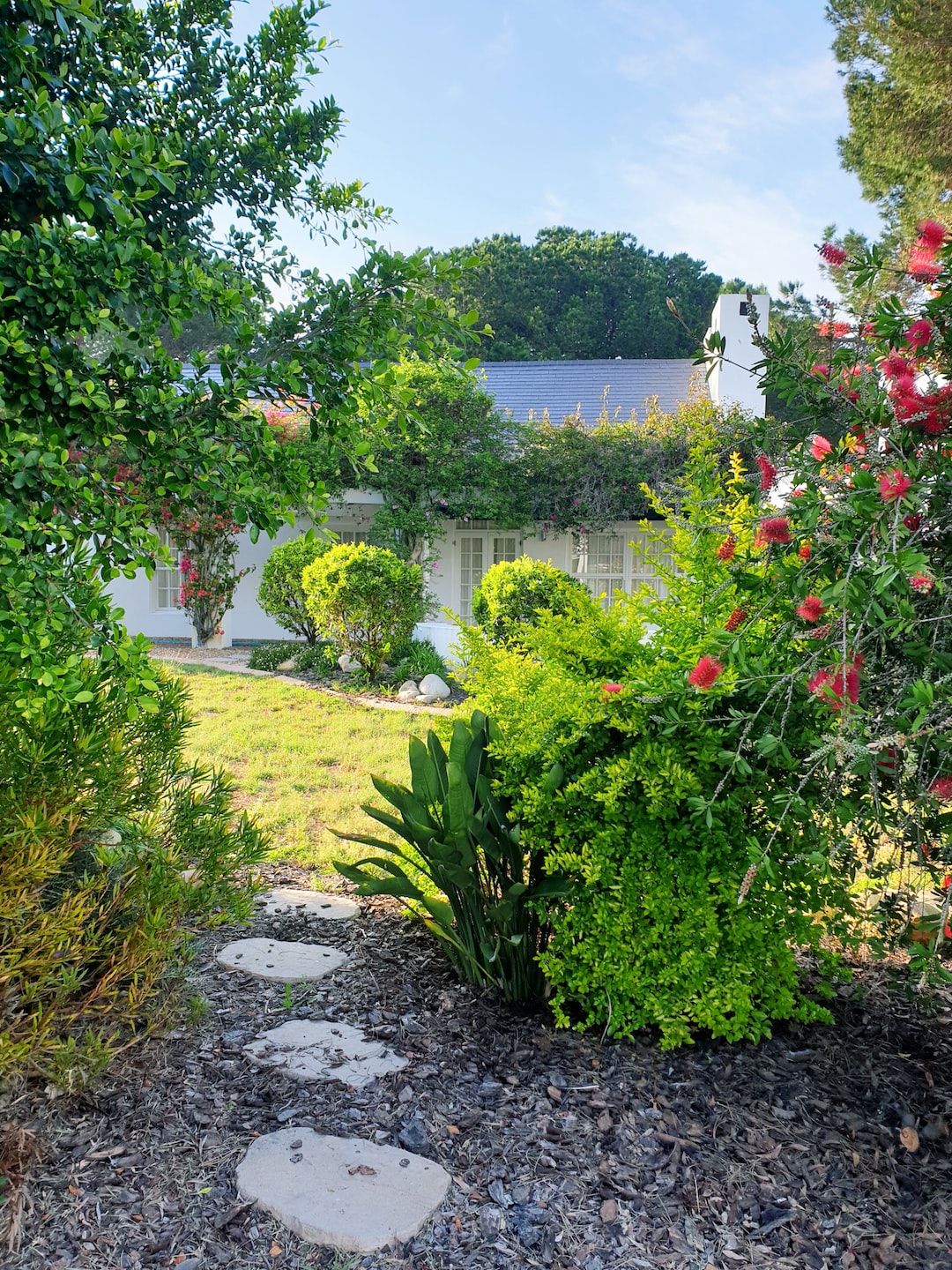Creating an Eco-Friendly Garden: Sustainable Tips and Ideas
In today’s times, where environmental conservation has become crucial, creating an eco-friendly garden is a step towards sustainable living. By implementing a few simple tips and ideas, you can create a garden that not only beautifies your surroundings but also supports the local ecosystem.
1. Use native plants: Native plants are highly beneficial for the environment as they provide food and shelter to native wildlife, require less water, and are generally more resistant to pests and diseases. Including native plants in your garden helps create a balanced ecosystem and reduces the need for chemical pesticides.
2. Conserve water: Water is a precious resource, and conserving it is essential. Incorporate practices such as mulching to retain soil moisture, collecting rainwater in barrels, using drip irrigation systems, and planting drought-tolerant plants. These practices minimize water wastage and create a more sustainable garden.
3. Composting: Composting is an excellent way to reduce waste and nourish your garden naturally. Turn your kitchen scraps, yard waste, and fallen leaves into nutrient-rich compost that can be used as a natural fertilizer for your plants. This helps improve soil quality, reduces the need for synthetic fertilizers and promotes the growth of healthy plants.
4. Encourage beneficial insects and wildlife: A healthy garden is home to a range of beneficial insects and wildlife that aids in pollination and controls pests. To attract them, create habitats such as birdhouses, bee-friendly plants, and butterfly gardens. Avoid using harmful chemical pesticides that can harm these beneficial creatures, as they are crucial for maintaining a balanced ecosystem.
5. Embrace organic gardening: Incorporating organic gardening practices minimizes the use of synthetic chemicals and encourages natural processes. Use organic fertilizers and pesticides, rotate crops, and practice companion planting to enhance the health of your garden naturally. It not only benefits the environment but also ensures that the produce you grow is free from harmful chemicals.
6. Recycle and repurpose: Give a new lease of life to old materials by repurposing them in your garden. Use old containers as planters, repurpose wooden pallets into raised beds, or recycle rainwater barrels. By reusing materials instead of buying new ones, you reduce waste and minimize your environmental footprint.
7. Minimize lawn areas: Lawns require a significant amount of water and maintenance. Consider reducing the size of your lawn by replacing it with flower beds, vegetable gardens, or gravel pathways. This reduces water usage and creates more opportunities for growing beneficial plants.
8. Use renewable energy: If you have outdoor lighting or water features, consider using solar-powered options. These harness solar energy, reducing your reliance on electricity and use of fossil fuels.
Creating an eco-friendly garden not only contributes to environmental sustainability but also offers a serene and healthy space for you and your family to enjoy. By implementing these tips and ideas, you can create a garden that supports the local ecosystem, conserves resources, and promotes a greener planet. Let’s make a positive impact on our environment, one garden at a time.

